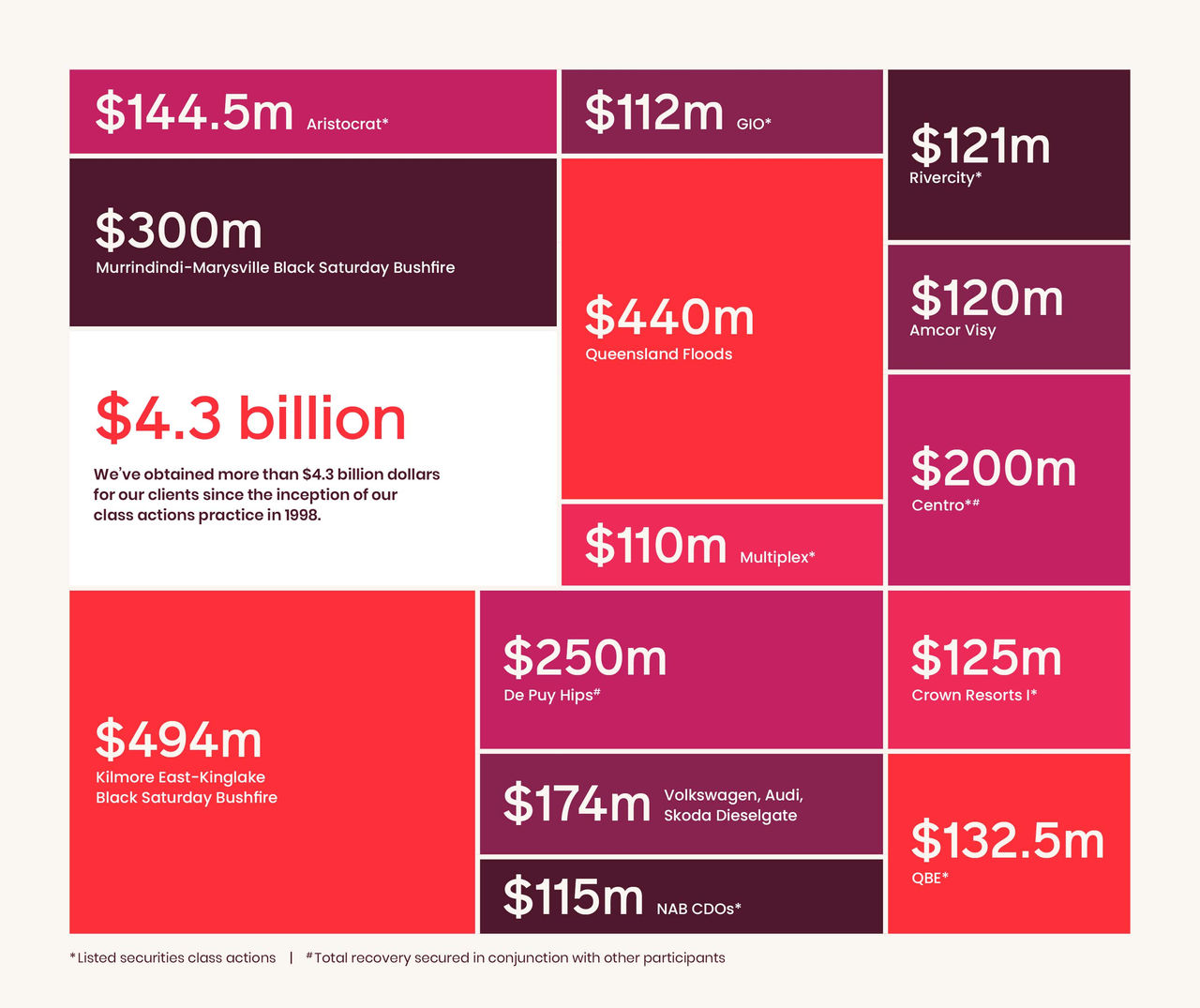The SA Salaried Medical Officers Association has begun discussions with lawyers handling class actions in New South Wales and Victoria.
SASMOA chief industrial officer Bernadette Mulholland told InDaily “wage theft” was a major problem for overworked junior doctors and “not confined to the eastern states”.
“SASMOA is strongly considering taking similar legal action to recover wages for junior doctors,” she said.
“SASMOA is undertaking preliminary work and has spoken with the lawyers representing medical officers in NSW and Victoria for wage theft.”
Mulholland said “our investigations validate that wage theft for junior doctors is widespread in health”.
“These doctors are pressured to attend well before the commencement of their rostered shifts, do not get their meal breaks and work unpaid overtime,” she said.
“Hospital administrators know it happens but it is ignored.”
A class action was launched last week against a Victorian health service, amid claims of systemic underpayment of junior doctors.
It follows a class action launched in December on behalf of early career medicos in NSW against health authorities there, over “exploitative work conditions”.
Law firms Maurice Blackburn Lawyers and Hayden Stephens & Associates said the action was based on a claim for “underpayment of wages” for junior doctors.
“It is a claim to seek recovery of payment for the extensive unpaid overtime performed by doctors,” the lawyers said in a statement at the time.
Lawyer Hayden Stephens said the “no-win, no-fee” NSW class action could involve more than 10,000 junior doctors, many of whom were worried about patient safety “after being pressured to work unpaid overtime to the point of exhaustion”.
Mulholland said the problem had also been going on for too long in South Australia.
She said the union had surveyed members late last year on matters that should be addressed during the latest round of enterprise bargaining.
“The number one agenda item that trainee doctors raised was putting an end to ‘wage theft’, including a penalty imposed on the employer for breaching excessive hours worked by junior doctors and fatigue provisions,” she said.
Mulholland said one trainee doctor had stated in the survey: “There is significant destruction to the morale of the workforce too fearful to claim actual hours worked. Cost cutting always seems to pressure junior doctors, who are unable to assert themselves as they are reliant upon reports from those that sign their timesheets and are placed on annual contracts. Staff are continually coerced to not claim.”
The union has requested a specific clause in its new enterprise agreement “that junior doctors get paid for the hours they work”.
“This may seem silly to some but in an environment where you regularly do not get paid for the hours worked it is necessary to spell it out to the hospital administrators,” Mulholland said.
“Making junior doctors work well beyond a rostered shift has implications for patient care and results in fatigues and low morale.”
A spokesperson for SA Health said: “Negotiations for a new SA Health Salaried Medical Officers Enterprise Agreement have commenced and without prejudice discussions are taking place between Department of Treasury and Finance (as the declared employer), SA Health and SASMOA.
“These discussions will be guided by principles of fairness and accountability.
“Medical Officers are highly-valued members of our workforce and it is our intention to progress with negotiations in a timely manner, ultimately delivering a package that supports Medical Officers and the wider system to continue to deliver high quality health services.”
Health Minister Stephen Wade said “we are aware that these matters are being discussed as part of negotiations for a new enterprise agreement”.
“We support doctors getting paid for the work that they do,” he said.












